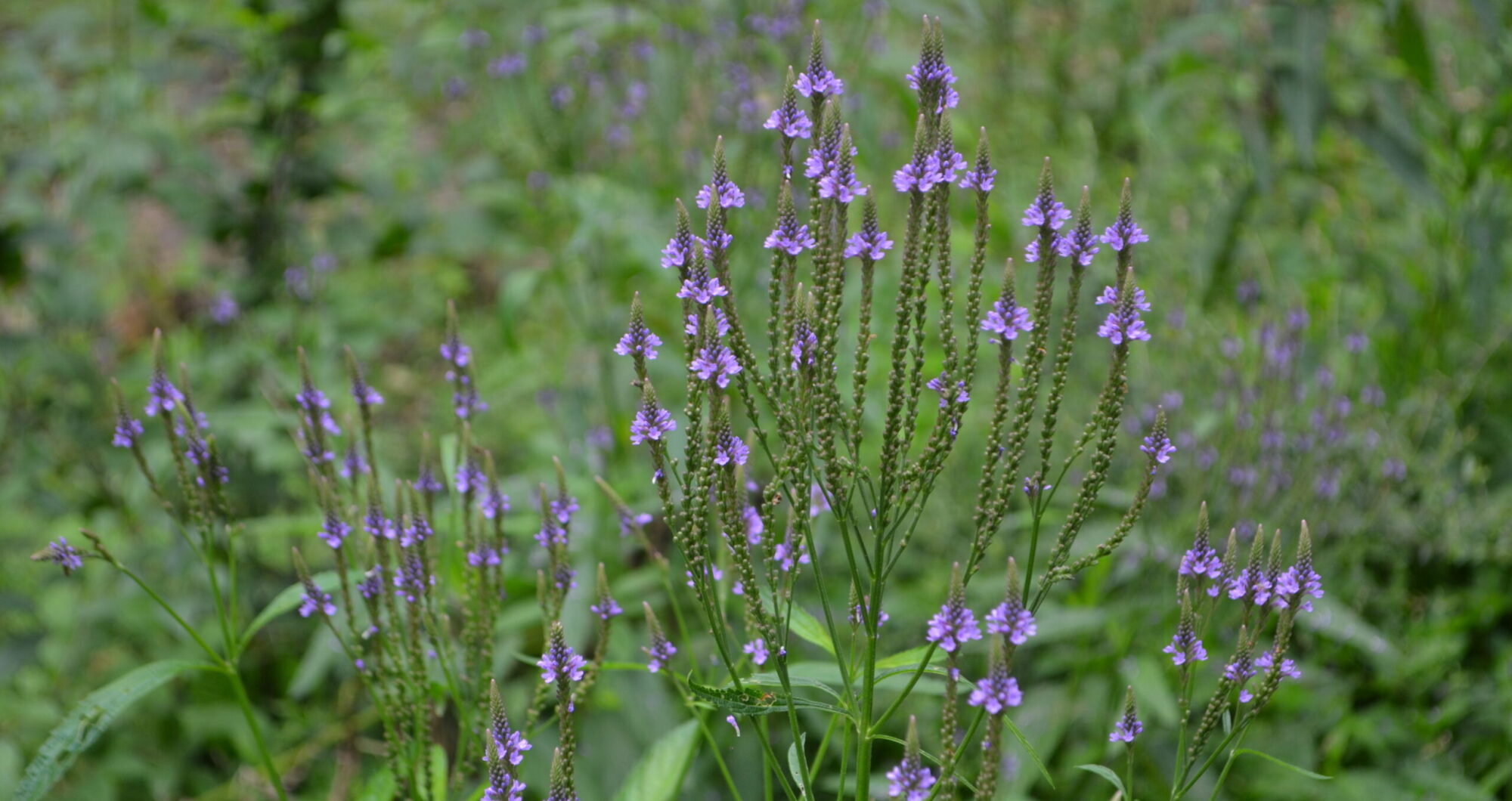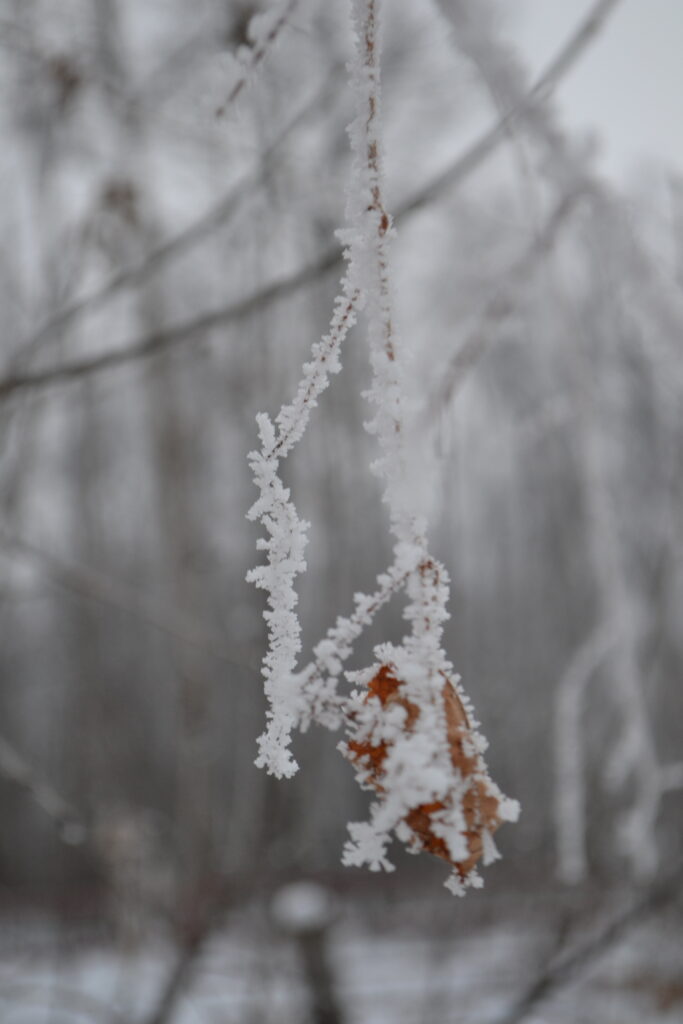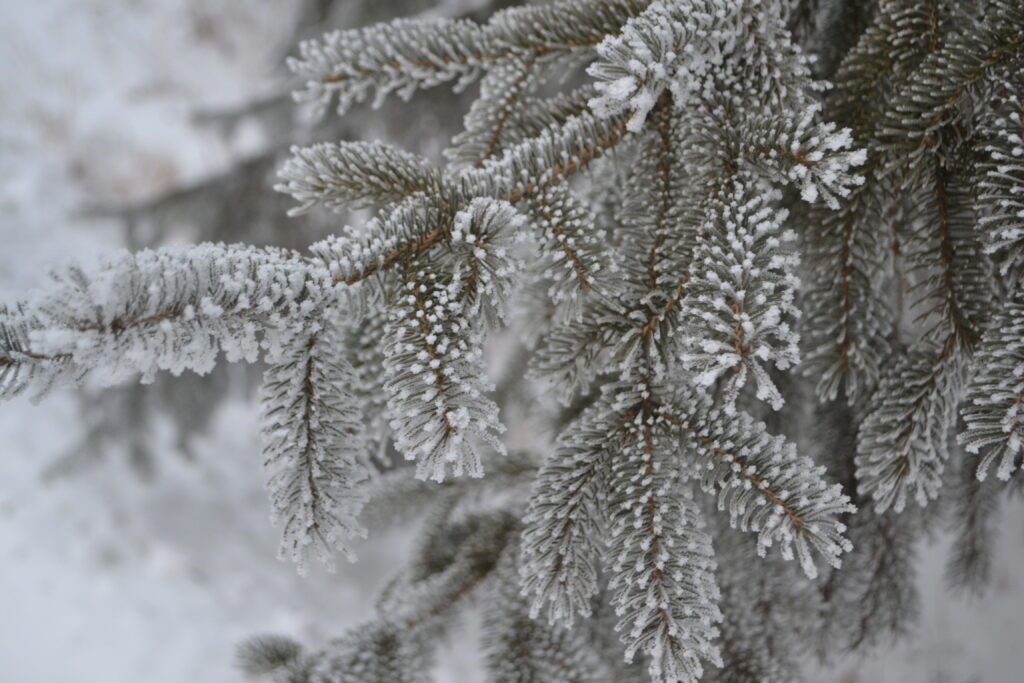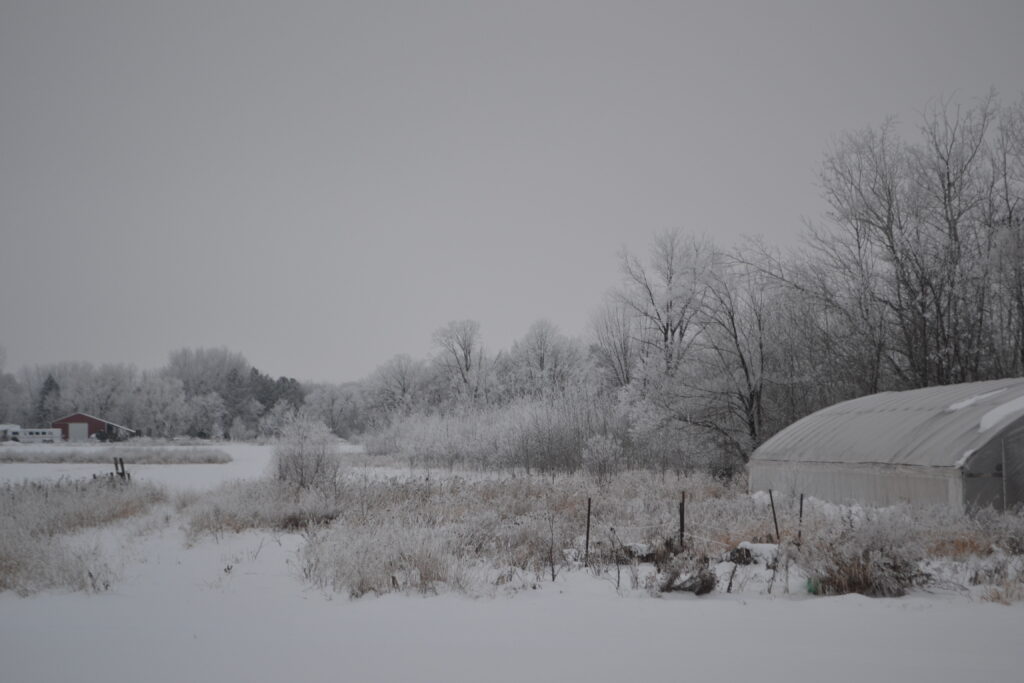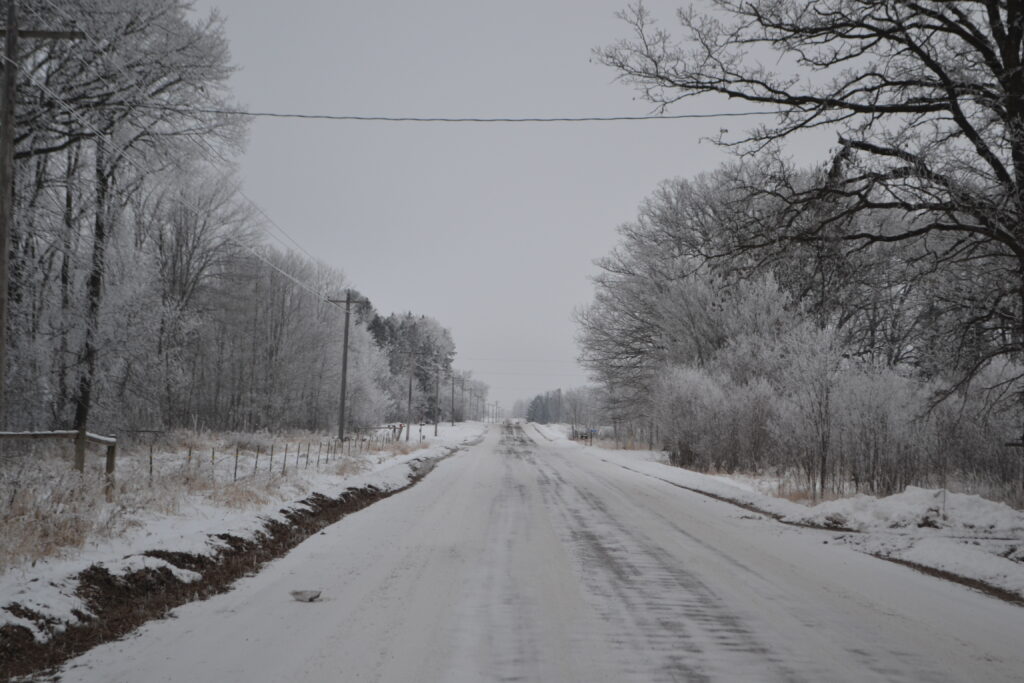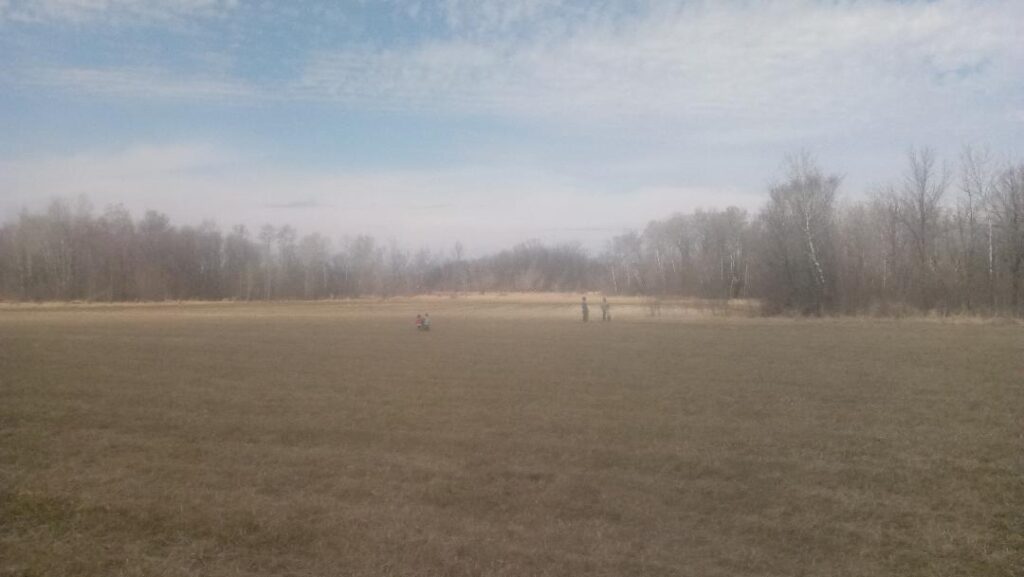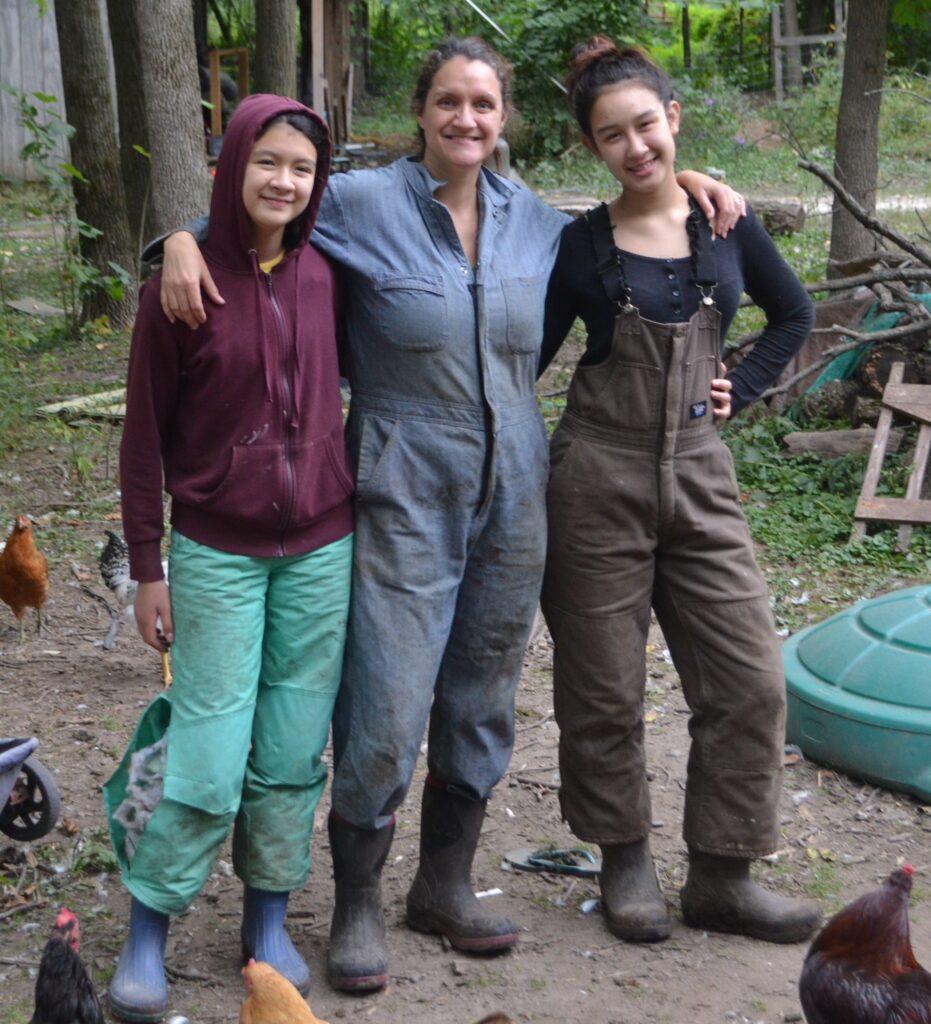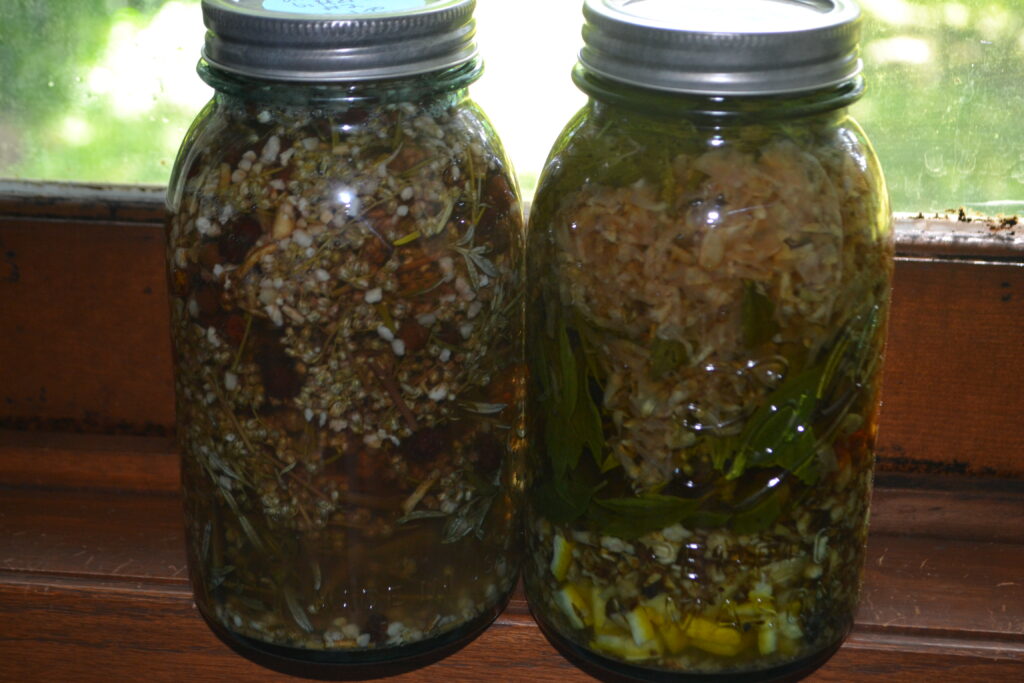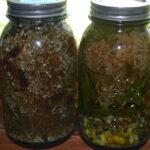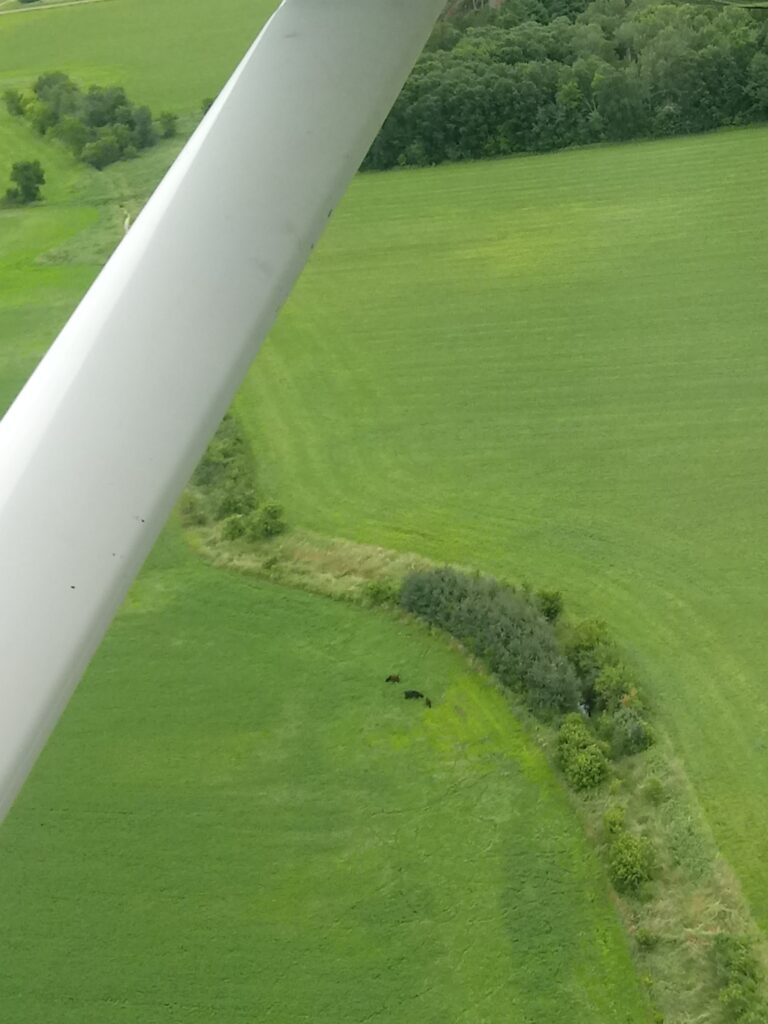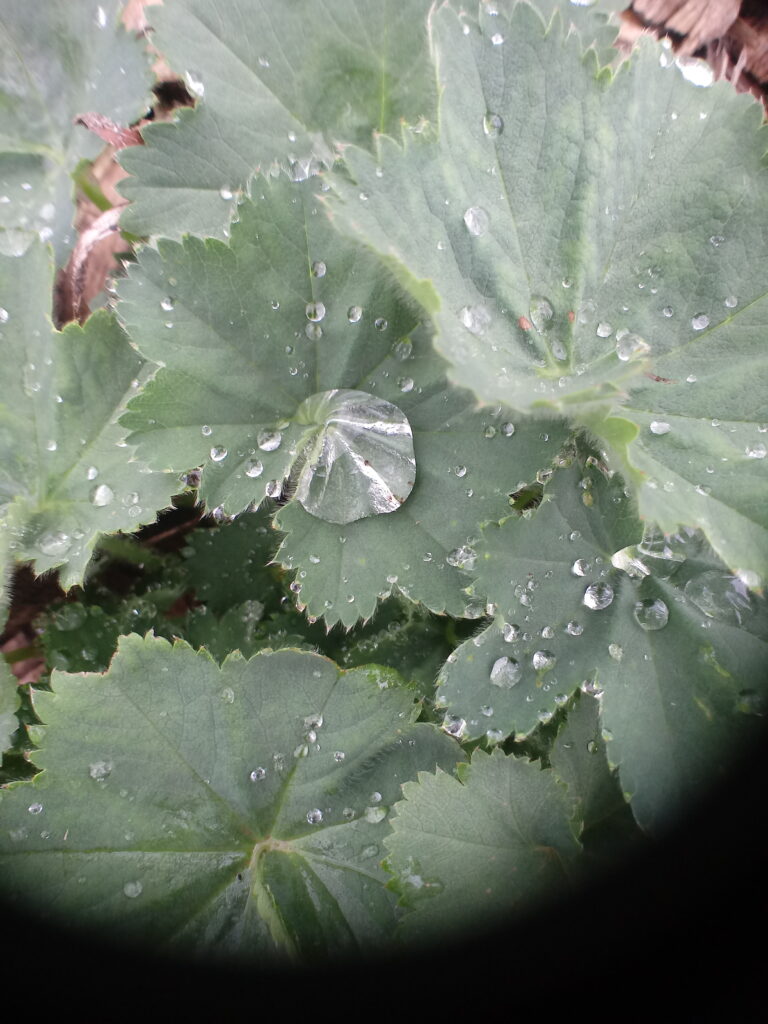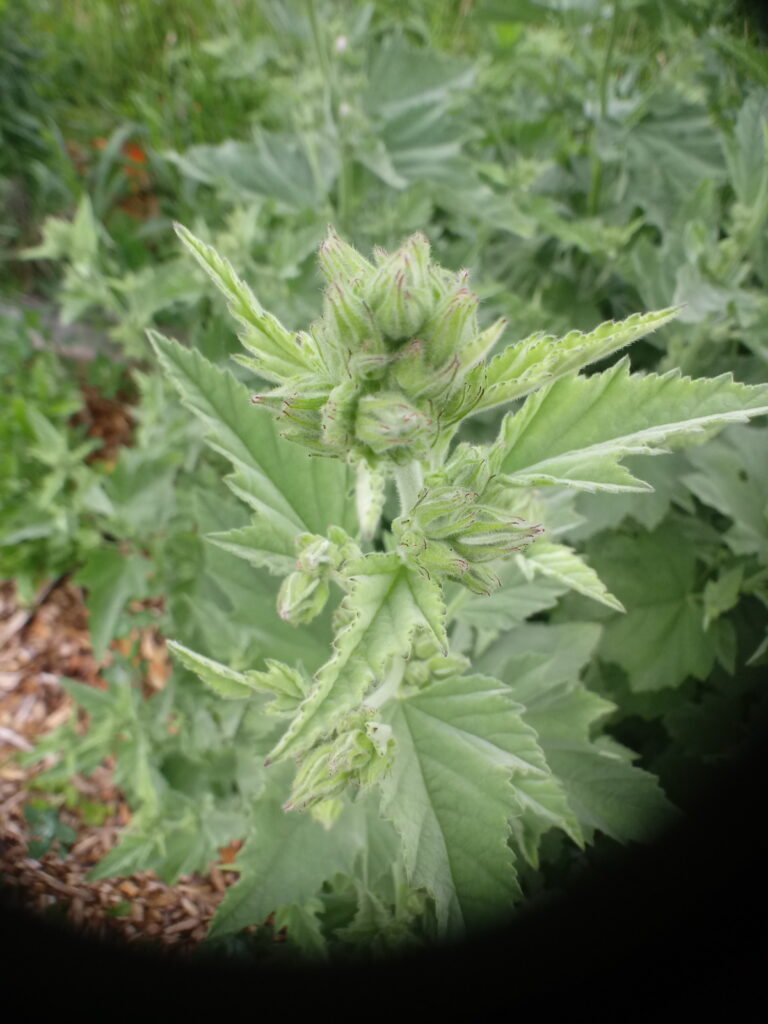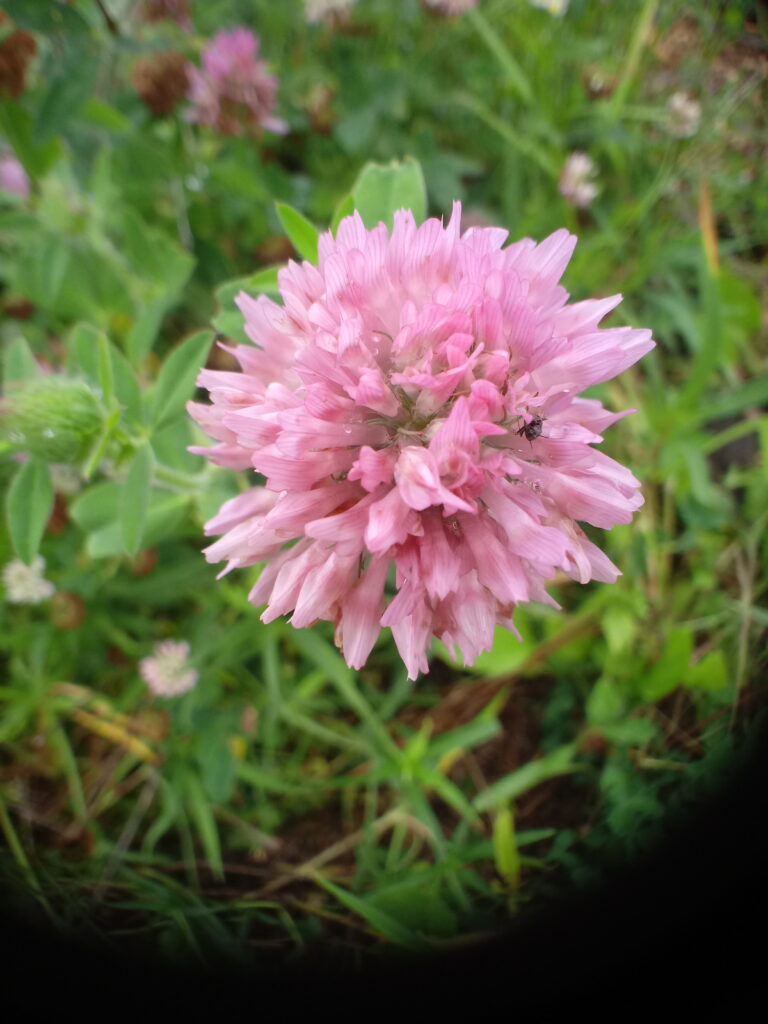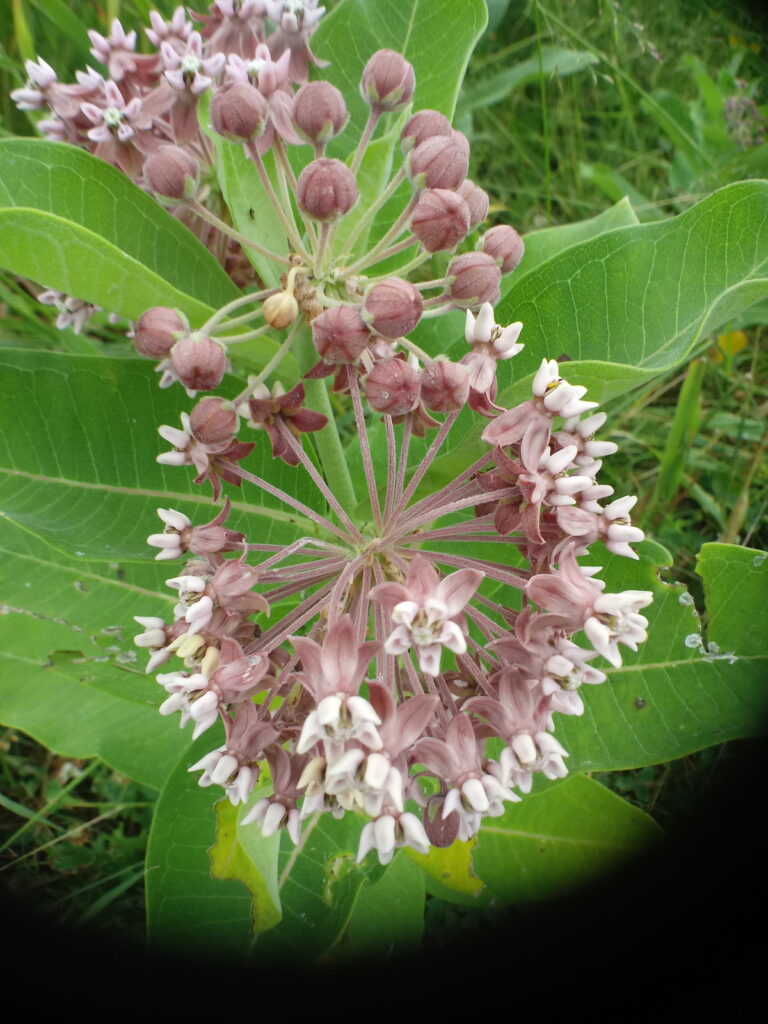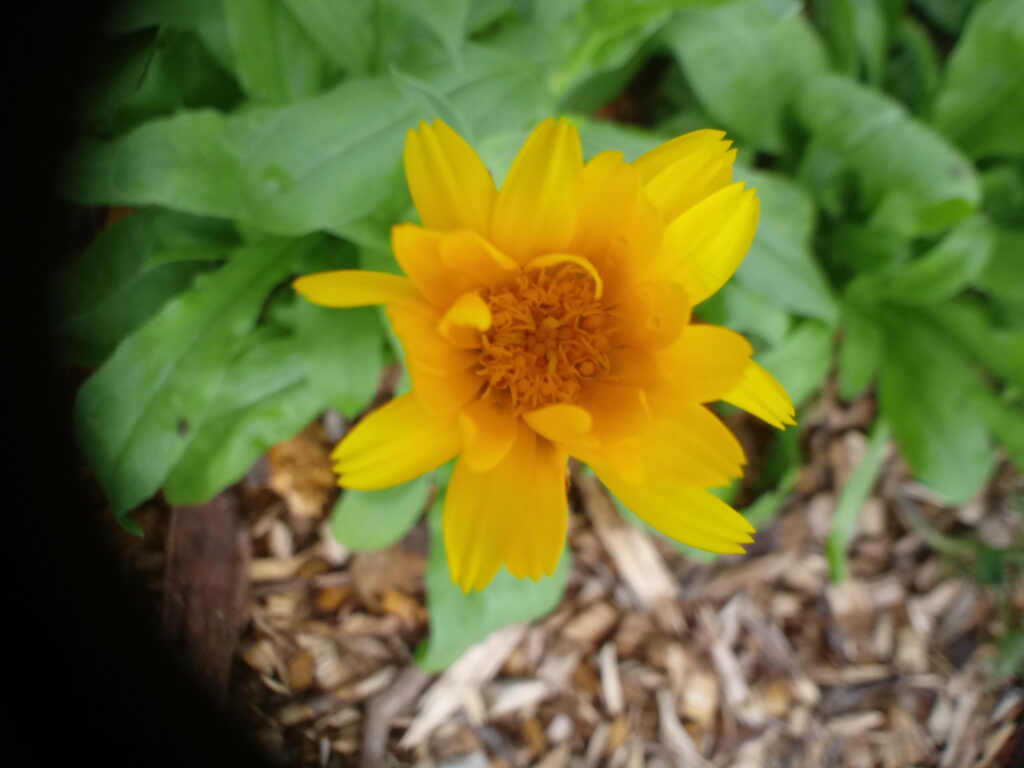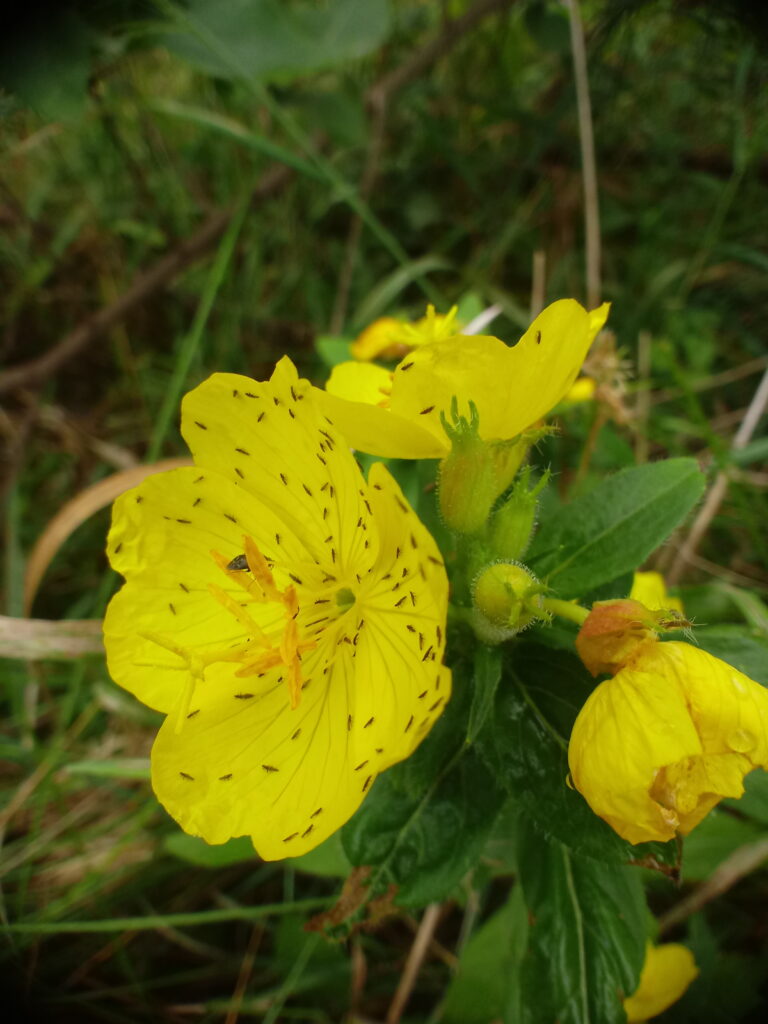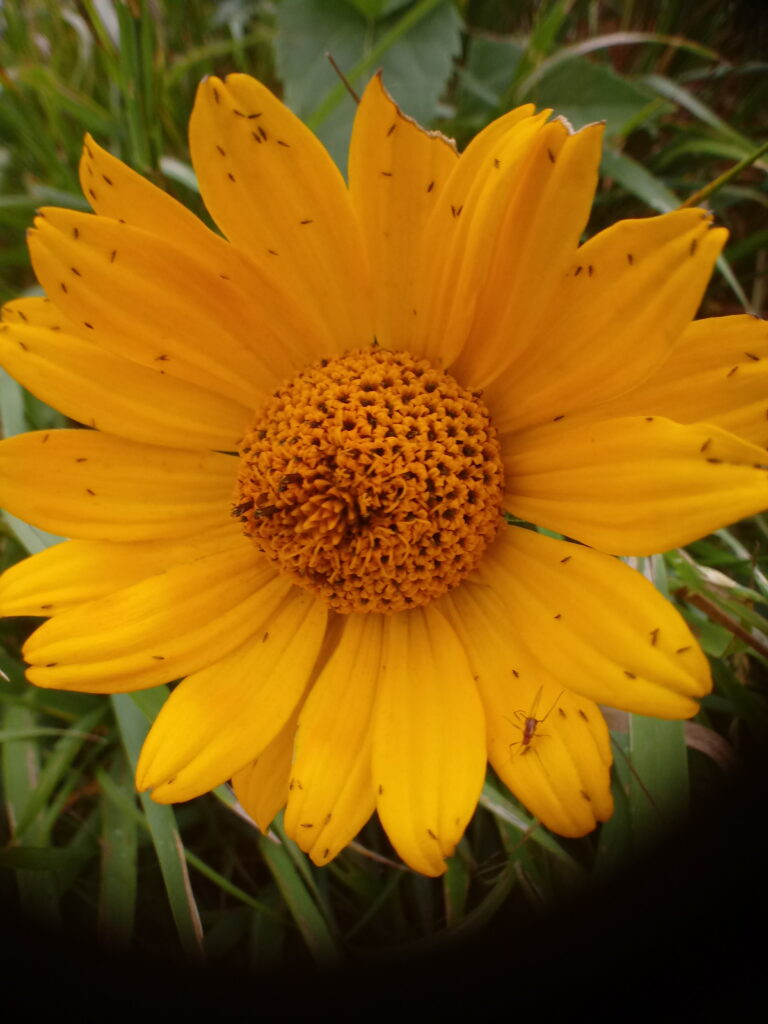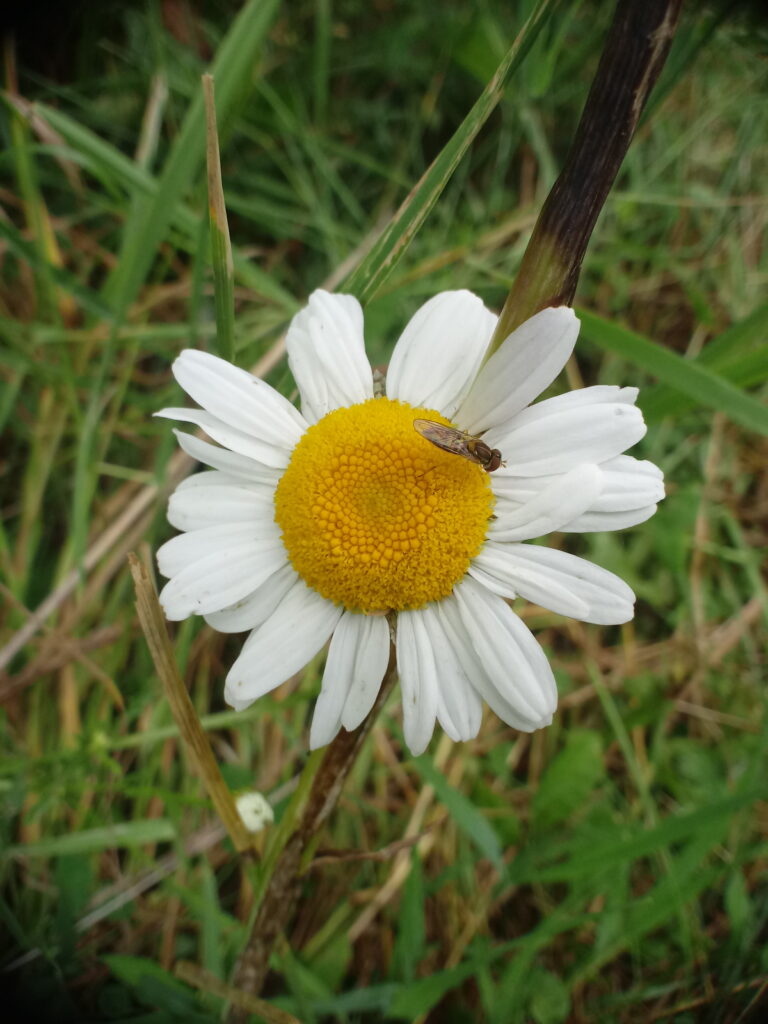In 2012 we moved from our 40 x 80 foot city lot to our dream property–a 40 acre hobby farm. The farm has a nice mix of land– 20 acres tilleable, 5 acres around the house and outbuildings and 15 acres wooded.
Recently this mix has been huge in our quest of more self-sufficiency. The house also came with a wood burning stove in the basement and some wood to finish out the season. Shortly after we moved, in mid-January the power went out. We were new to rural living and power outages and were not sure what to expect. But luckily we had wood in the house and were able to start a fire and be warm and cozy until the power came back on, which luckily wasn’t too long.
But we had little experience with wood burning stoves and were not really good at keeping the fire going. We kept smoking the house, only to have the fire go out overnight and struggle to get the fire going in the morning.
The next year we were pretty much out of cut wood and decided that our time was better used in other farm projects then laying up wood for the winter. We had struggled to keep the fire going anyway and decided we would rely on the house’s furnance.
But then in the summer of 2019 a storm hit. I write about it here. While traumatic, one of the benefits was that we were required to clean up our yard where all the trees went down–3 full trees in the yard alone, more in the woods.
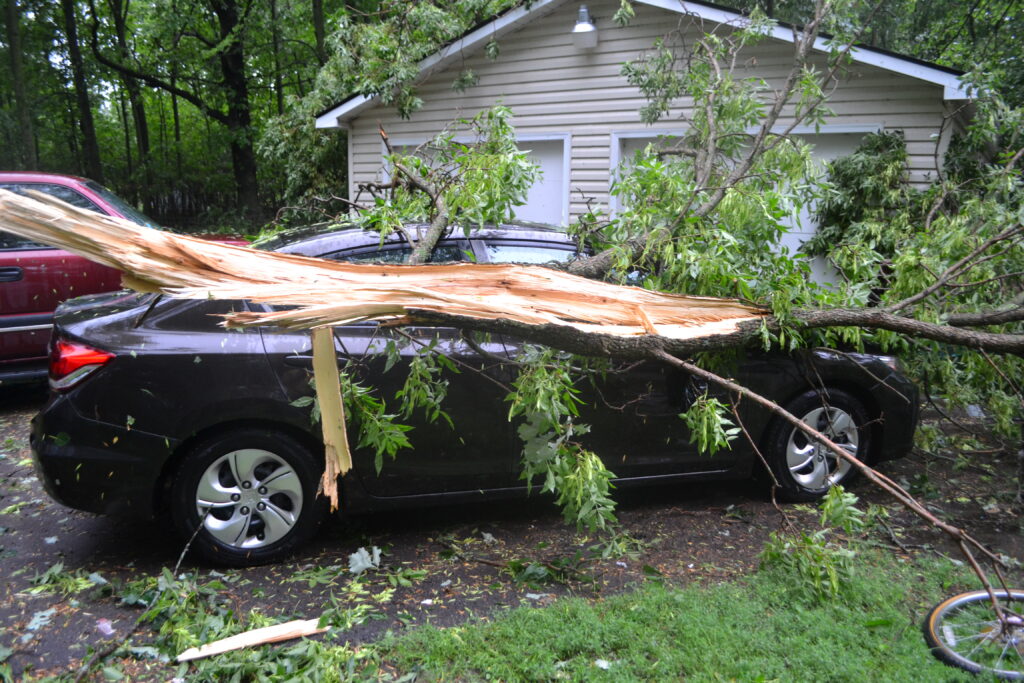
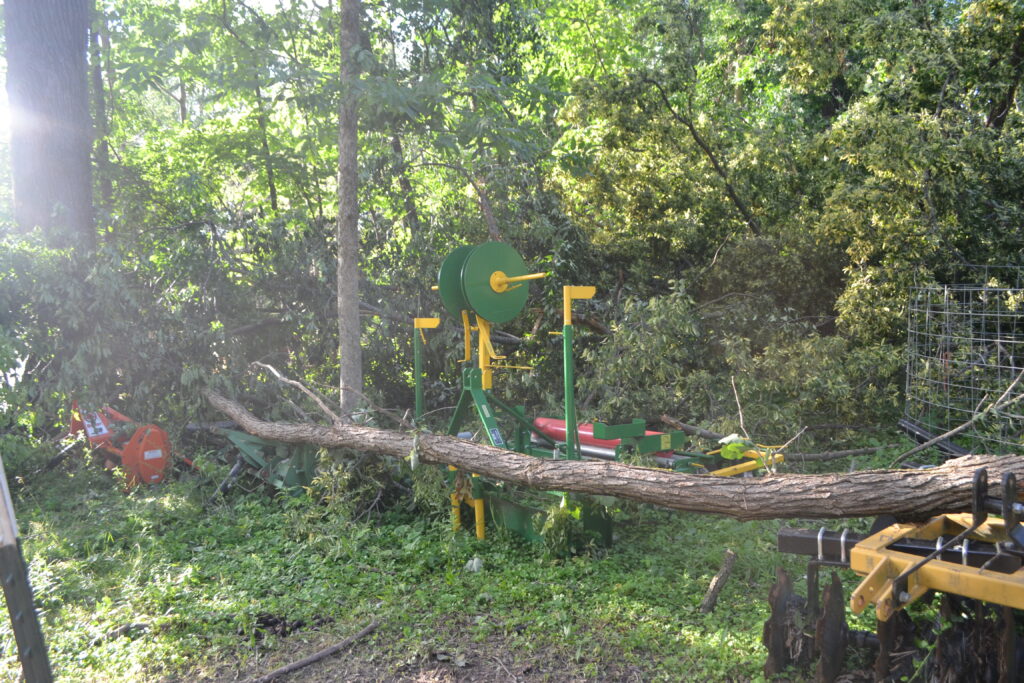
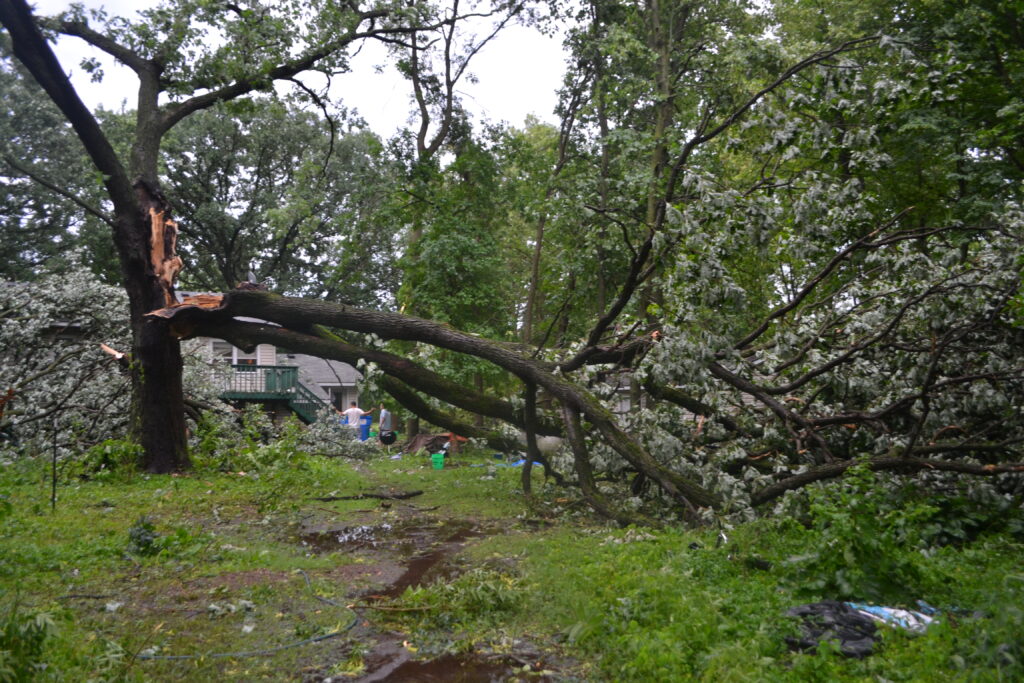
While it was so frustrating to have our beautiful yard destroyed and favorite trees go down in a storm they were a gift to our family and our quest for seasonal and self -sufficient living.
We brought out the splitter and over the summer of 2020 (It took us awhile to get things set up to cut our own wood) we began cutting and splitting wood with the goal of having 6 pallets to get us through the winter.
In November as the weather started to cool, we began to experiment with the stove. We bought some creosote logs to clean the chimney and did a couple test fires during the day before we were ready to have a fire going overnight. Our energy bill in December was under half of what it normally is and the trend has continued.
But more then saving money using my stove with wood from my favorite tree has had a profound effect on me. I realize that I enjoy the smell of wood smoke and suspect that there is something about this smell that reminds me of comfort and security in my genes.
The fact that I am responsible for my own heat is also profound. We had to chop and split the wood and now we have to mind the fire to make sure it continues. I have learned that there are cycles to the fire. About once a week the ash to coal ratio often hits its tipping point and we have to clean out the ashes. Then for about a day after that it is hard to get the coals going without the ashes for insulation. So it is kind of a Catch 22–you need the ashes to insulate and preserve the coals but you also can’t have too many ashes.
Now four months into the winter we are almost out of wood. We hope to have 10 pallets next year. Virtually all of this year’s supply of wood came from one tree (my favorite and I am reminded of her sacrifice every time I use her wood), but there are other trees around the house and in the woods that will keep our house warm for many years to come.
While it is important to acknowledge that we share our land with wild life that lives in standing, dead trees (and therefore we do not want to cut down trees even if they are presumed dead) with so many trees down all over the property we have more than enough wood for the animals and us.
Traditional homesteaders often purposely kept wood lots for animals and people. Sadly land is being cleared all over, even in our own neighborhood. I feel so thankful to the previous owners of our farm that felt like woods were valuable enough to leave standing.
